Rugby
Integrity of the game is suffering
I’ll admit it. When Samu Kerevi was penalised for fending off his opponent in the Wallabies’ World Cup match against Wales, I turned off the TV. I just couldn’t believe what I was seeing.
The changes in the rules around the tackle in this tournament could actually have a huge bearing on who wins this World Cup.
From a purist’s point of view, and it may be a little bit old school, I think a lot of people are struggling with it. Everyone gets that players have to be protected and concussion is a real thing.
But the way this tournament is being refereed has affected my enjoyment of it. I don’t think I’m the only one.
Look at Argentina’s Tomas Lavanini’s red card against England. People go to a World Cup game, they spend a premium amount of money on being there, and 15 minutes in the spectacle’s over with.
I’m an advocate for the NRL way of dealing with this. It’s not perfect, we know that. But put a player on report and say, ‘Okay, you’re in the bin for 10 minutes, we’ll have a look at it after the game.’
If he’s suspended from there then fair enough, but at least the spectacle is not killed. There needs to be protection of the players, but I believe the integrity of the game is really suffering because of it.
It’s a fine line and there are arguments on both sides, but for me it’s gone a bit too far. Almost like, ‘do we need to get these guys to sign a waiver to get them out on the field?’
That’s where we’re heading. If you want to play a game of rugby there’s some consequences, there’s a little bit of risk involved and that’s how it should be.

Blaming the All Blacks for typhoon
There are a few New Zealanders getting a little anxious about the World Cup quarterfinals. The Irish have a decent record against the All Blacks, but the expectation will be that the All Blacks win, and then go on to play either the Australians or the English next week.
The All Blacks continue to be a great source of pride for a reasonably small country. The team represent a lot of things that New Zealanders would like to think we’re about.
They live with high expectations every time they run out. We expect them to win this World Cup. We expect them to win every single World Cup, even though that’s not realistic.
While the internal feelings are of pride and expectation, the All Blacks have had to endure some external criticism. That’s not new; the tall poppy syndrome.
The reports coming out of the Irish press calling the All Blacks cheats was one thing. What I found kind of humorous were the stories after the typhoon, when New Zealand decided not to play its final pool game.
You’d almost think it was the All Blacks who were responsible for the weather. The Scots had a gripe about the All Blacks, and then the Italians. And I like the Irish, but gee they’re a bunch of bloody whingers!

I find it a bit ironic that a lot of the griping comes out of the Northern Hemisphere. And one thing I’d say about the All Blacks, the Australians, the Island teams, and the South Africans – they want to play rugby, whereas I think you could accuse the Northern Hemisphere countries of playing reasonably cynical rugby at times.
I understand there’s a little bit of hatred and a little bit of fear when it comes to how other countries view the All Blacks. But a large number of people admire what they’re about and what they’ve achieved, and I think people who understand rugby and what they’ve contributed to the world game know they’re special. In a way, they’re rugby’s team.
But you’re always going to get jealousies. You’ll always get people who see them as a bunch of cheats and thugs, but I really don’t think that’s warranted at all, and I’d like to think most people, maybe even grudgingly, admire what they’ve achieved.
The All Blacks team I was part of at the 1991 World Cup wasn’t as highly regarded, and with some good reason.
That team had come through from the 1987 World Cup and done really well to have four great years dominating the world scene.
But that year we’d been beaten by the Australians a couple of times and they were building a really good team. By the time we got to the World Cup the All Blacks were seen as an arrogant bunch, and it was warranted to a degree.

Struggling to put food on the table
If rugby union had been a professional sport back in 1991, I probably would have never changed codes. There wouldn’t have been the same temptation. Also, I saw an opportunity in rugby’s transition to professionalism that helped me build my business in player management.
After the 1991 World Cup, I stayed behind and played a bit of rugby for a local club, Bedford. When I was there I got recruited by Leeds to play rugby league. I had kind of known that was the path I was going down.
As a rugby player I was at a World Cup with some of the best footy players in the world, but while they were away on tour they were struggling to put food on the table back home. I had teammates who were truck drivers, farmers, all sorts.
I was doing a sales marketing cadetship. To a degree, it was a ‘rugby job’ in that I had employers that let me get away on tours. I was fortunate but not everyone was in that position. It was a crazy situation, to expect these guys to be able to do everything they did and not pay them.
It was around that time that a few of my friends left as well. Matt Ridge went to Manly and John Gallagher had gone to Leeds. Within a few years the All Blacks lost six or seven players to rugby league.
It took some time to make the transition. One thing I realised quickly in England was, even though we weren’t paid, the Auckland and All Black team environments were 10 times more professional in the way they went about business than the professional rugby league team was.
That was a shock but once I got my head around it, I loved playing league and I had some great years up in England, and then in Australia with Manly.
More about: All Blacks | International rugby union | Manly Sea Eagles | Rugby World Cup | Springboks | Super League | Super Rugby | The Rugby Championship | Wallabies
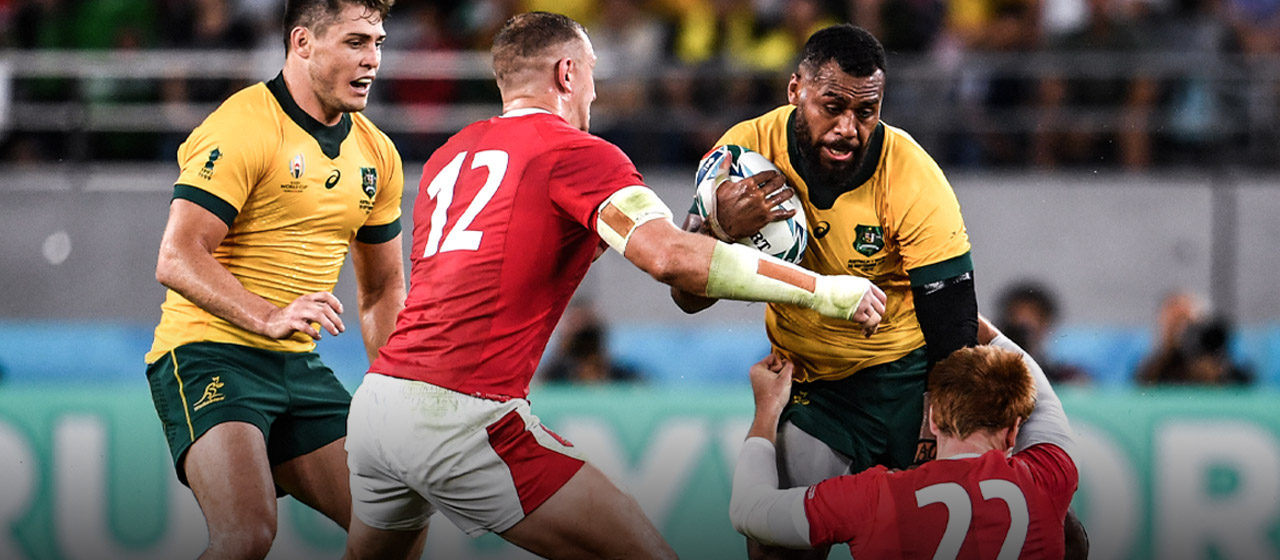
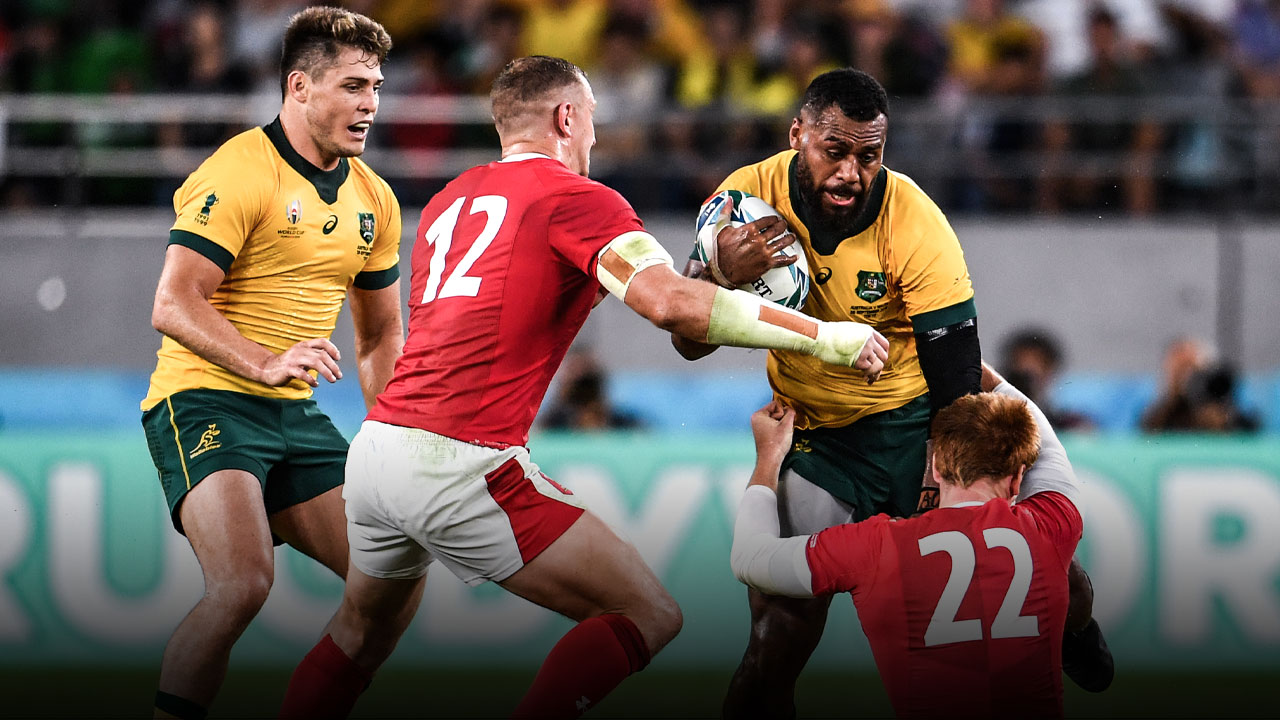
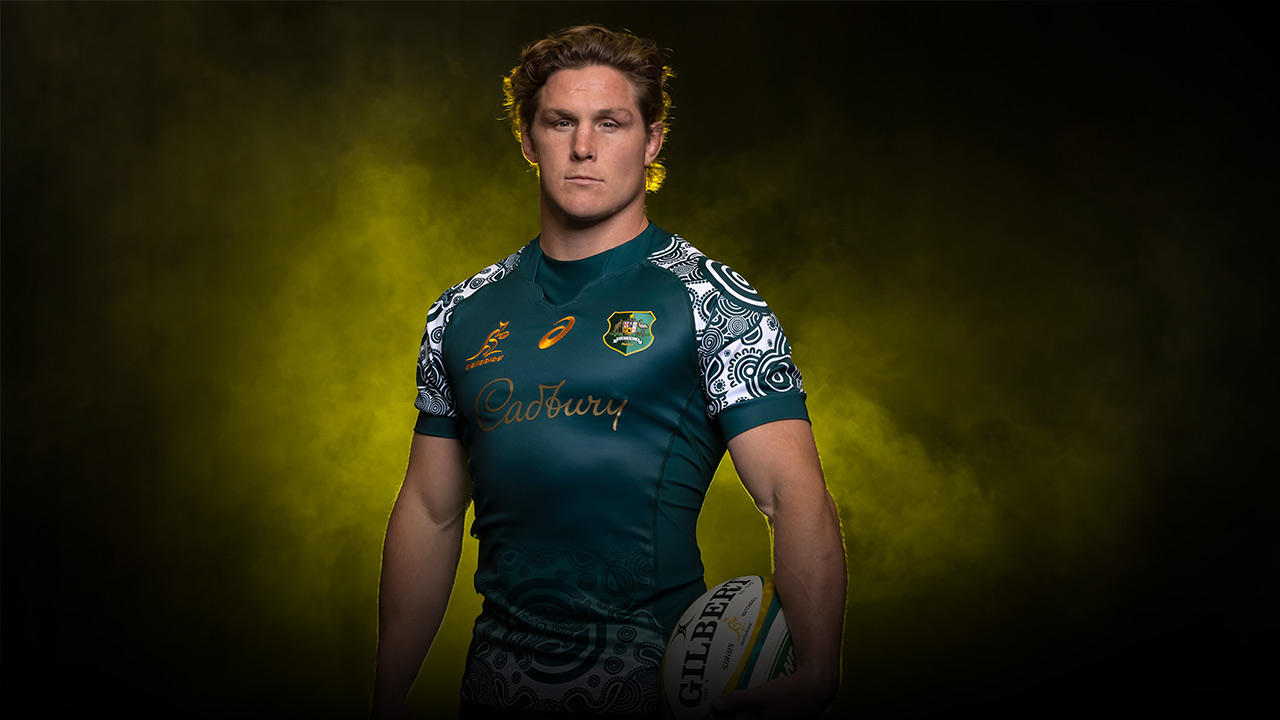

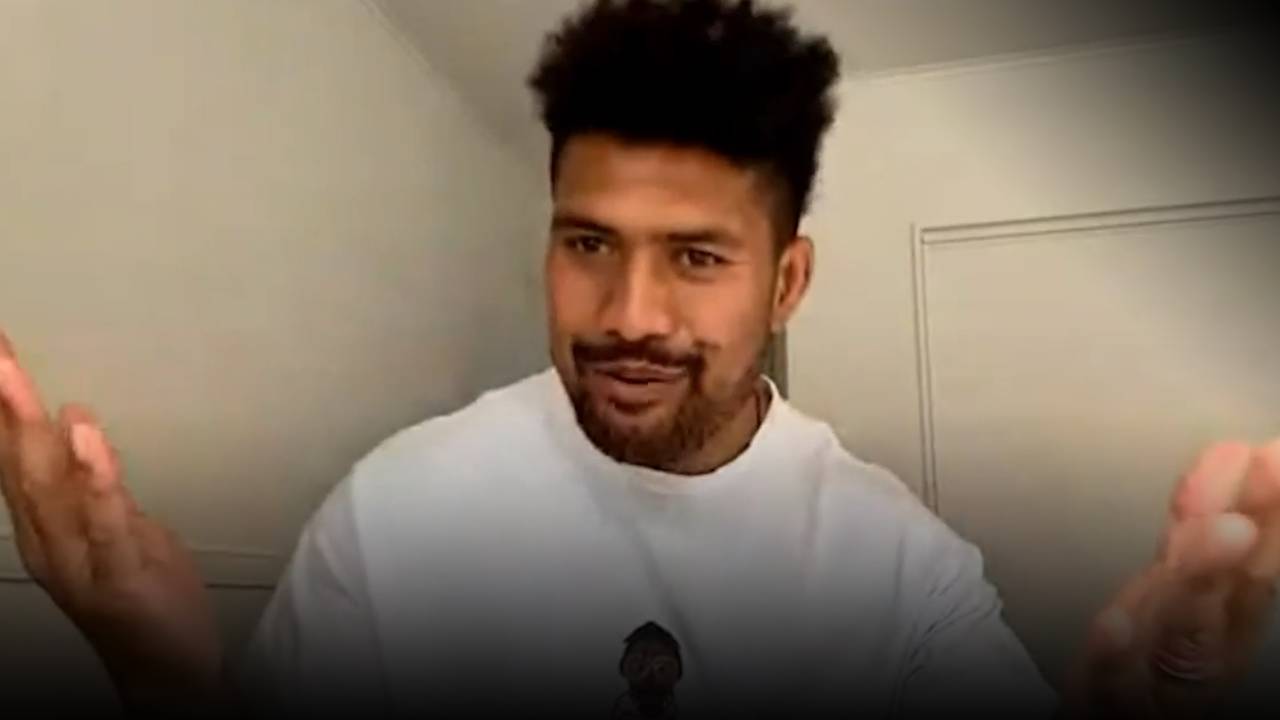
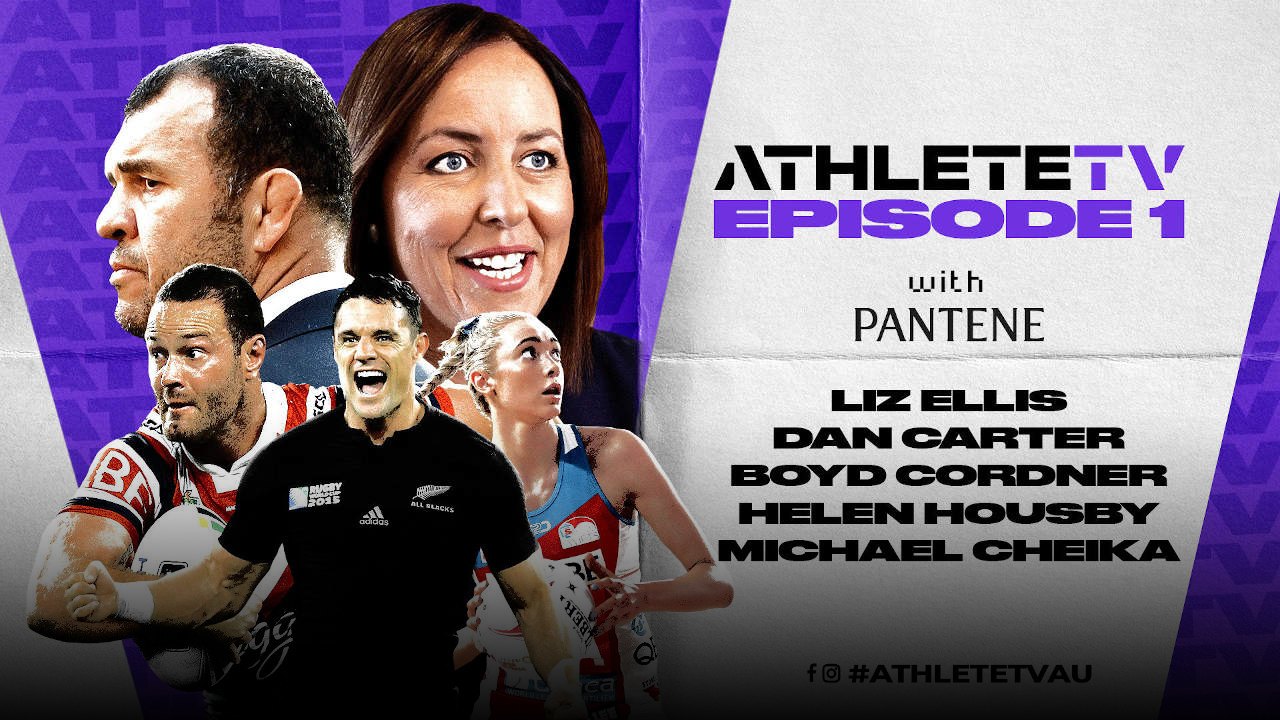
 Load More
Load More